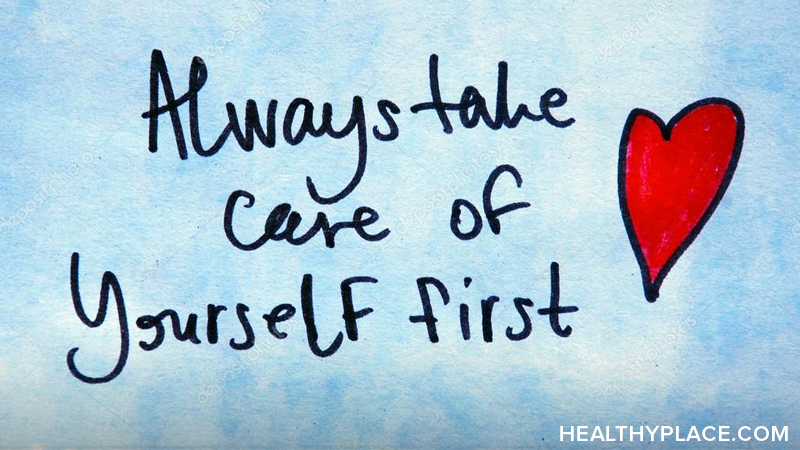ADHD and How to Get a Better Night’s Sleep

Do you have ADHD and want to know how to get a better night’s sleep? If so, you are not alone. Many people with ADHD have sleep problems or sleep disorders related to ADHD; indeed, those with ADHD are more likely than people in the general population to have sleep issues. (CHADD, 2015).
The Connection between ADHD and Sleep Problems
The relationship between ADHD and sleep problems in adults is complex. Sleep problems are often a symptom of adult ADHD. Another possibility is that sleep problems exist on their own but ADHD makes them worse. Conversely, sleep problems may make the existing ADHD worse.
Researchers aren’t completely sure of the precise relationship between ADHD and sleep, but they are certain beyond doubt that one exists. If you have difficulty sleeping, you don’t need research to tell you what you already know. If you have ADHD and can’t sleep, try the tips below for getting a good night’s sleep.
Tips for Getting a Better Night’s Sleep with ADHD
From the National Sleep Foundation, the Harvard Medical School’s Division of Sleep Medicine, and other ADHD and sleep experts come tips for ADHD and getting to sleep and staying asleep. Start with just one or two, and add more as necessary.
- Establish a regular schedule where you go to bed at the same time each night and wake up at the same time each morning, every day of the week.
- Avoid all sources of anxiety-inducing caffeine starting in the late afternoon through the night.
- Use your bed and bedroom for sleeping only (for example, don’t work in your bedroom or do hobby activities during the day).
- Avoid watching TV, playing video games, using phones, or doing any other screen activities at least 30 minutes before bed (the more time between these activities and bedtime, the better).
- Create a bedroom environment conducive to sleep: make it dark, cool, quiet (with white noise like a fan if you prefer), and comfortable. Remove the TV and video games.
- Exercise during the day, but not beyond three hours before bedtime, as endorphins will prevent sleep.
- Don’t eat anything other than a light, healthy snack before bed.
- Create a routine that you do every night. Have wind-down, calming activities that you do and a regular pattern of preparing yourself for bed. Doing this nightly will help you relax, and your brain will come to associate the routine with sleep.
- Keep pets where you want them: out of the bedroom if they disturb you, in the room if they help you sleep better.
- If you can’t fall asleep or you wake up in the night, avoid tossing and turning. If you can’t sleep after approximately 20 minutes, get up, leave the bedroom, and do something calming. Return to bed. Repeat as necessary.
- Decrease stress. If you are dealing with a stressful situation, write it down and put it away until morning. Allowing yourself to have a break from it while knowing you won’t forget about it will help you sleep.
- Stay away from social media. So much is negative or increases negativity within. Ruminating over things you see online can keep you up.
- Play a game with a reward. Challenge yourself to be in bed by a certain time (with ADHD, it’s easy to get off track and end up getting into bed an hour or more after you wanted to). When you do, reward yourself and let yourself listen to music or read a book in bed for 30 minutes.
- Create a structure to help you stay on track. Make and write down your routine. Use gentle alarms to let you know it’s time to get off the computer, turn off the TV, etc. Some adult ADHD apps or alarms help you move through the steps of your routine without losing track of the time (How to Manage Your Time and Stay on Schedule with Adult ADHD).
- Help your circadian rhythm regulate by getting a lot of light first thing in the morning and by dimming your lights in the evening. Some people find success with using a lightbox for approximately 30 minutes every day, preferably in the morning.
A note about ADHD and sleep medication. Medications affect everyone differently, plus they interact with other medications. Sleep medication, prescription or over-the-counter, isn’t always safe or effective for people with ADHD. If you are wondering about sleep medication for ADHD, a visit with your doctor will help you know your options.
The tips on the above list will help you improve the amount and quality of sleep you get, despite the sleeping challenges caused by ADHD. Soon you’ll be sleeping well at night so you can function well the next day.
APA Reference
Peterson, T.
(2021, December 20). ADHD and How to Get a Better Night’s Sleep, HealthyPlace. Retrieved
on 2025, April 29 from https://www.healthyplace.com/self-help/adhd/adhd-and-how-to-get-a-better-night-s-sleep

 "It is a human response to react negatively to what we can't understand and can't relate to," Valdiserri says. "We need to deal with that -- not only because it is the right thing to do, but because this has a significant impact on public health. If people are afraid to even admit they are at risk, then how can prevention work? Society has a real stake in addressing these issues."
"It is a human response to react negatively to what we can't understand and can't relate to," Valdiserri says. "We need to deal with that -- not only because it is the right thing to do, but because this has a significant impact on public health. If people are afraid to even admit they are at risk, then how can prevention work? Society has a real stake in addressing these issues."




